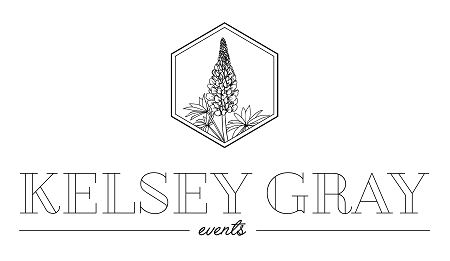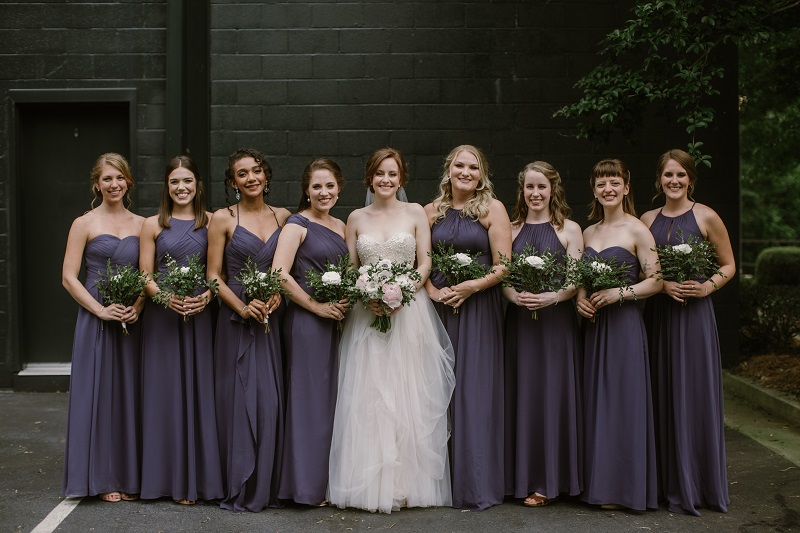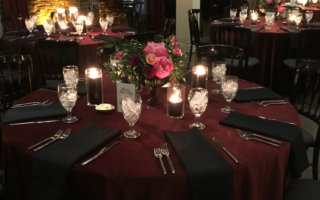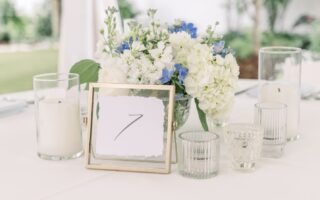When searching for florists, clients frequently tell me how frustrated they are that they were just given a total cost as a “quote,” with no breakdown of costs, no contract, nothing in writing, and just expected to shell out thousands of dollars with basically no guarantee. As a florist I understand that there is a lot of uncertainty when working with living plants, but I’m here to tell you that wedding and event florists should be giving you a contract just like any other vendor. Here’s what to look for in your florist contract. (And I’ll throw in a few photos of some of my bouquets from this year just to add a little color to your day.)

As mentioned, there is a lot of things that cannot be controlled in the floral world. Growing conditions affect the price, availability, and even color of flowers, and this can vary from year to year. So when we are creating a quote for your wedding that is over a year out, it’s really difficult for us to absolutely guarantee anything.
However, you should expect your quote to include inspiration photos and chosen color palette. While no specific flower can be guaranteed, you should know that we’ll do our best to stick to your preferred flowers. In the contract you can expect a clause stating that the florist has the right to make flower substitutions as needed within your selected palette.
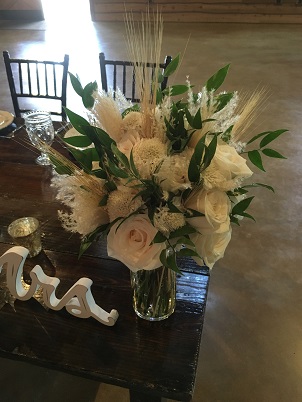
What happens if bad weather occurs? Again, weather is one of those things that is out of the control of the florist. You should expect a clause in the contract that florist needs to be informed X number of hours in advance if a rain plan is going to be put into effect. Know that some installations will not be able to be carried out if a rain plan is utilized (such as if you were planning on putting flowers on a tree or some other immobile outdoor element).
Weather can also affect the delivery of flowers to the florist. At Kelsey Gray Events we do our best to use locally grown flowers, but due to availability in Tennessee it is often the case that we have to ship in flowers from California, and sometimes even from South America. Recently I had some greenery lost in a hurricane. Wholesalers did their best to track down the package, but sadly it didn’t arrive in time for the wedding. Actually, it never arrived at all, and somewhere someone must have had a gigantic box of greenery on their hands. So, what will your florist do in events like these? Some will provide refunds, but most will have an Act of God clause in the contract as these issues are out of their control.
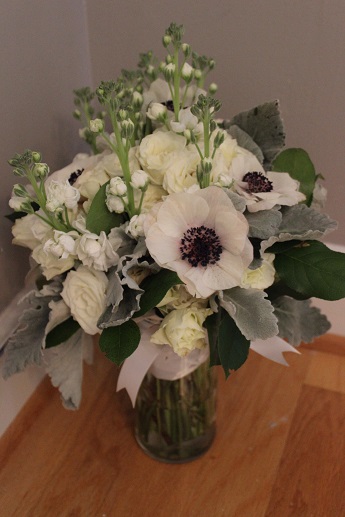
How does set-up and delivery work on the day of the event? Will the florist handle set-up before the event? Will they return for a room flip? And will they return for break-down or will you be responsible for cleaning up. You need to know if you are renting vases, then how will you return those to the florist? These are all important questions to ask of the florist, as well as have in writing in the contract.
Next, the floral contract or quote should address pricing as more than one final cost, but broken down in some way. Now unfortunately there is not a standard method of pricing in the floral industry. Some designers price by piece, in which case you would get an itemized list of price per bouquet, per centerpiece, etc. Other designers do bulk pricing based on cost of supplies, then add on a design fee as a percentage. Either way, you should get some sort of break-down that includes specific fees such as set-up and delivery, break-down, and taxes.
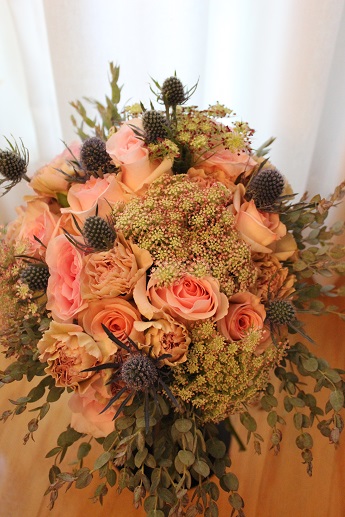
Finally, be sure to check your contract for an exclusivity clause. I have one in my floral agreement, and it states that Kelsey Gray Events will be the sole provider of any flower or plant product, both living and artificial. This means absolutely no DIY floral centerpieces if booking with me. Why would I include that in my contract? No, it’s not about being greedy for a larger booking. It’s about protecting my name and reputation. When your guests or vendors ask “who was your florist?” they will not know that the florist just did the bouquets and not the centerpieces. When your vendors tag photos of the wedding on social media, they will not clarify that the florist only did the ceremony arch and everything else was DIY. So why does this matter to me? Well, here in Nashville we have a particular “wholesale” company that markets to the public as a way to save money on your wedding flowers. I’ve tried getting flowers from this company on multiple occasions when I was in a jam or just needed a small quantity of a particular flower. And I can say that 100% of the time their flowers have died quicker than the flowers I buy from local farmers or my preferred wholesalers. And when a bride uses these low quality flowers in her DIY décor, it will come back as being associated with the florist when tagged in social media. It may seem harsh to the bride, but many florists will choose to protect themselves with this exclusivity clause rather than be associated with dying flowers.
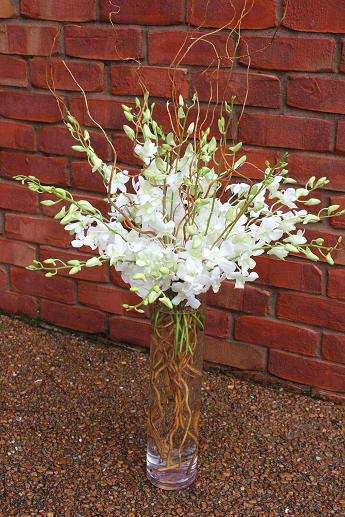
I hope these tips have helped you when reviewing your florist contract. Remember, just because there is some uncertainty about product availability does NOT mean that you shouldn’t get a quality contract from your florist! If you would like a quote on your wedding or event flowers, you can email kelsey@kelseygrayevents.com
